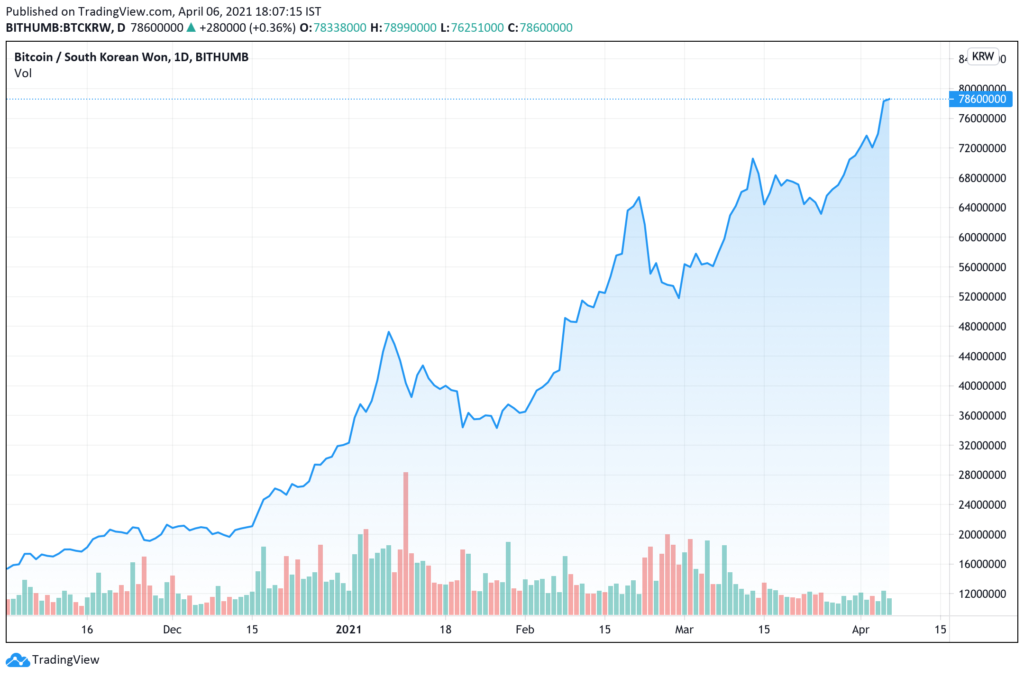According to Poweroutage.us, about 500,000 customers in Texas were without power Thursday morning, compared to more than 3 million the day before. The Texas Electric Reliability Council (ERCOT), which manages the state’s power grid, announced in a statement Thursday morning that significant progress had been made overnight in restoring power.
According to ERCOT, the people who are still without power are likely in areas where the distribution system has been damaged by ice, live in areas where the supply needs to be manually restored, or are large industrial facilities that have voluntarily shut down to relieve the overloaded power grid.
The statement comes at a time when low temperatures are expected again for Thursday, extending an already painful period. Since last Thursday, 16 Texans have died due to extreme weather conditions. Nearly 12 million people are facing water shortages, with reports of boiling water, broken pipes and faulty systems, government officials said.
First, the stream is vulnerable due to the impact in general, and second, we have water problems right now, Harris County Judge Lina Hidalgo told CNN. Hospitals are in trouble. We’re having trouble with the water pressure. We already have the evidence of boiling water and people are struggling to get food.
In Portland, outside Corpus Christi, Brianna Blake told CNN on Wednesday that she and her husband warmed their children by burning household items, including artwork and fences, because they had been without heat in their home for 36 hours.
I just started taking my paintings off the wall, taking them down and throwing them in the fire, she said.
A new set of severe weather is expected. CNN meteorologist Michael Guy says a winter weather warning is in effect for central and east Texas, including Dallas, Austin, Houston, San Antonio and Amarillo. Snow is expected in the Dallas-Fort Worth area, with ice and drizzle further south to Laredo and Corpus Christi.
Temperatures will rise on Friday, but remain below freezing at night over the weekend. Forced traffic on bridges and overpasses remains a hazard from Sunday to Monday.
Side effects of a power outage of several days
Several cold days without electricity or heating led to serious water problems: frozen and burst pipes, closed sewage plants and no water pressure.
About 7 million Texans were suspected of having boiling water Wednesday, said Toby Baker, commissioner of the Texas Environmental Quality Commission. Austin authorities issued a citywide boiling water warning Wednesday night after water pressure dropped at a sewage treatment plant.
How you can help storm victims in Texas.
Fort Hood officials asked residents to conserve 40% of their water during the storm due to water main breaks and subsequent flooding. Del Rio, located in southwest Texas on the border with Mexico, sent an urgent message to residents last Wednesday asking them not to flush toilets or discharge their sewage into the sewer system.
Smita Pande of Crestview told CNN that she and others may have to use melted snow to drink if they run out of bottled water.
We didn’t expect the water to be cut off, but when it was, we assumed the worst and took the snow off the balcony and put it in kettles and pots to use as drinking water if we didn’t get the water back soon, Pandi said. If the power outage is any indication of how long it will last, we’ll be cooking with snow for a while.
Power outages have also led to food shortages as Texans struggle to get needed supplies and rush to get hot meals.
Grocers can no longer buy dairy products. Store shelves are already empty, Texas Agriculture Commissioner Sid Miller said. We have a food chain problem like we’ve never seen before, including Covid-19.
Philip Shelley, a Fort Worth resident, told CNN that he, his wife Amber and 11-month-old daughter Ava are struggling to stay warm and get food. Amber is pregnant and will be on the fourth. April expected.
(Ava) has been reduced to half a can of formula, Philip said. There are no shops unless there is very little food. Most of our food in the fridge is spoiled. Frozen food is about to thaw, but we have no way to reheat it.
Why the power grid began to deteriorate
Widespread outages are the result of a meteorological disaster combined with an unprepared infrastructure.
A wintry weather system has brought unusually cold temperatures to large parts of the central United States in recent days. The frost caused a sharp increase in demand for electricity and heat, while gas, coal, wind and nuclear power plants in Texas, which were not prepared for such cold weather, were destroyed.
The storm caused major disruptions across the country, including Louisiana, Mississippi and Kentucky. But the outages were most severe in Texas, because the state operates its own power grid, ERCOT – a way to get around federal regulations – and can’t simply borrow power from other states.
Inadequate preparation for winter has long been a problem for ERCOT’s electrical system. Ten years ago, more than 3.2 million ERCOT customers were without electricity during the week of the Super Bowl due to a severe cold spell. A 350-page federal report on power outages found that procedures for winterizing electric generators were inadequate or poorly followed.
U.S. Representative Marc Veasey, a Democrat who represents parts of Fort Worth and Dallas, said he had heard from an industry executive that the power grid had gone down Monday, minutes before government officials declared an emergency power outage.
I want people to know that we were minutes away from a full network outage, he told CNN’s Ed Lavender.
As with any system failure, liability is widespread. The Abbott administration said Wednesday afternoon that the investigation into Texas energy company ERCOT is expected to begin next week.
For their part, Abbott, former Gov. Rick Perry and Republican leaders in the Lone Star State are facing burning questions about their misleading statements on renewable energy and why they did not act to protect the power grid in the face of clear warnings.
We have truly learned in a tragic way that ERCOT and the state were not prepared to have sufficient emergency power to have a renewable energy source to withstand the historic time that we all knew was coming, Judge Hidalgo said.
Dave Alsup, Alisha Ebrahimji, Karma Hassan, Madeline Holcomb, Amanda Jackson, Ed Lavender, Paul P. Murphy, Andy Rose, Raja Razek, Barbara Starr, Joe Sutton, Suzanne Presto, and Kristina Zdanovich contributed to this report.





